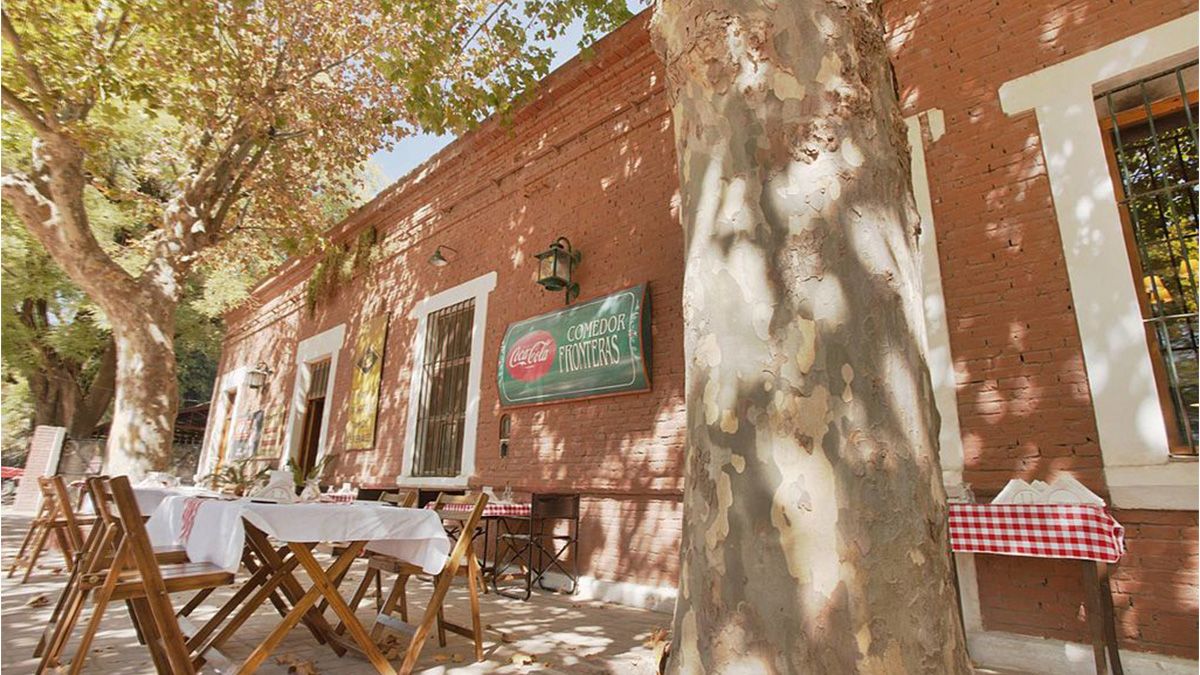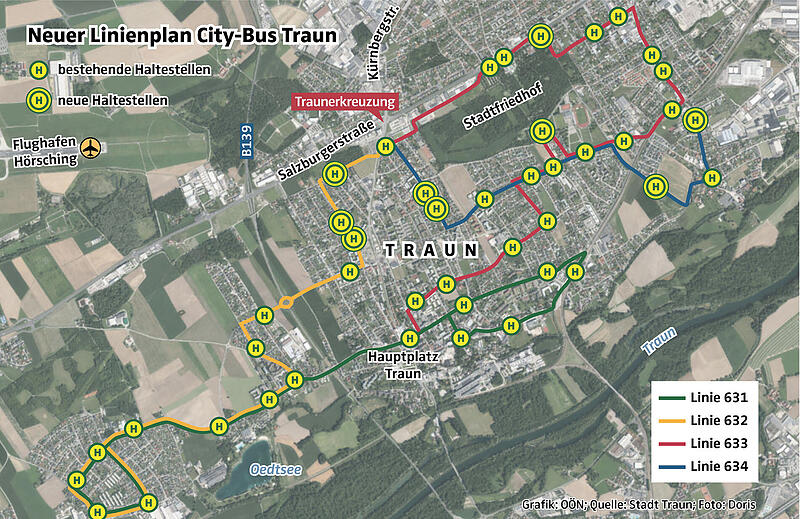Produce emissions and let others fix the climate damage: The idea has been criticized since its introduction. Rightly so, as several revelations show. Nevertheless, emissions trading is an opportunity – it just needs to be rethought.
The concept of selling indulgences is centuries old, but it works just as well today as it did in Martin Luther’s day. Only that instead of personal misconduct, climate-damaging emissions from successful corporations have taken the place. (Climate protection) organizations have taken the place of the Catholic Church as moral apostle and treasurer. And the letters of indulgence have become CO2 certificates. The concept has remained the same: (environmental) sinners buy their freedom. Companies that pollute the climate heavily with CO2 can pay for a climate protection project to offset the emissions elsewhere. NGOs, the United Nations, but also the EU ensure that the projects compensate one-to-one for the climate damage caused. There is a certificate for this, with which companies can then label their products as “climate neutral”.
The signatories to the Kyoto Protocol had agreed on this in 1997. Emissions trading is a measure that should not cause economic damage and could be an example of how economic growth works together with climate protection (read more about this here). However, as in Luther’s time, the calculation does not add up today.
When the UN campaigned for this sale of indulgences in the late 1990s, they removed forest protection programs from their program. It is far too complicated to check whether such projects are really suitable for compensation. Almost ten years later, economists from the World Economic Forum in Davos, the Climate Group (an association of politicians and entrepreneurs) sat down with the International Economic Council and IETA, the largest lobby group for emissions trading, and founded Verra. Verra is an organization that organizes the international sale of indulgences in the name of climate protection. . Among others, Volkswagen, Gucci, Apple and Gazprom benefited from the brokered forest protection projects, which are intended to guarantee compensation. Projects distrusted by the UN.
Researchers call for a ban on CO2 certificates
As research by “Zeit” and the British “Guardian” now shows, the organization had good reasons for this. Over 90 percent of all certificates issued by the Verra organization are said to be worthless. The companies involved would have blown 89 million tons of CO2 into the atmosphere without countermeasures being taken. According to “Zeit”, this corresponds to the annual emissions of Greece and Switzerland together. A research team from “Wirtschaftswoche” and the online magazine “Flip” revealed something similar. According to this, almost 90 percent of all UN projects are not intended to help the climate as specified. The climate certificates issued for this should not exist.
Researchers like Kevin Anderson, professor of energy and climate change at the University of Manchester, consider the entire emissions trading system to be dangerous. “Essentially, if people think their carbon-emitting activities are offset, they have no incentive to actually reduce their emissions,” he told the Guardian. In the worst case, trading could increase emissions because companies assume that the climate damage will be offset immediately with certificates and projects.
Matthew Brander from the University of Edinburgh, Scotland, is calling for climate certificates to be banned. Brander is the author of a Canadian study that shows how industrial companies cheat and end up going green only on paper. For the study, the results of which were published in the journal “Nature Climate Change”, the research team looked at the power consumption of various companies. The conclusion: In two thirds of all cases, the emissions do not decrease because the companies do not switch to green electricity providers. Instead, they buy renewable energy certificates, which are supposed to prove that the electricity for production comes from solar and wind farms. The certificates are sold by green electricity producers. On paper, it looks as if companies are promoting the expansion of renewables, but according to the study, they are not in fact doing so.
“The timeline for carbon reduction (…) is now so tight that companies no longer have the discretion to use carbon offsetting as a means at high levels,” Anderson said. At least things cannot go on as before. Especially not when forests are used as compensation projects. Because then trees in Latin America and elsewhere must remain standing under all circumstances. Deforestation is the least of the problems, it can be stopped with legal regulations. Climate change itself is far more problematic. Increasing heat and droughts encourage forest fires. According to preliminary estimates, a forest fire at Lionshead Canyon in Oregon in August 2020 smoked certificates with 6.8 million tons of carbon dioxide.
Certificates can still contribute to climate protection
In order to save the climate, however, ecosystems such as oceans and forests must be protected. The director of the Potsdam Institute for Climate Impact Research, Johan Rockström, does not deny the potential for misuse of climate certificates, but believes that emissions trading can also be useful. The CO2 compensation offers incentives to “generate urgently needed investments, for example in natural climate solutions (such as forests),” says the “Guardian”. As an economic investment to preserve the forests, the CO2 certificates make sense. Simon Lewis, Professor of Global Change Science at University College London, agrees that the emissions trading debate should be more about how forest protection and afforestation could be financed through such payments. “The problem with carbon markets is that they are anti-West, they are unregulated.” Emissions trading is justified, “because we don’t have any other mechanisms, but it has to be tightly regulated, otherwise people will buy hot air.”
What needs to change so that climate certificates still serve their purpose?
-
as pure compensation funds can emissions trading not work. Climate researchers agree that countries and companies must be climate-neutral by 2050 – that is, they must emit no or hardly any emissions. With that they must theirs Reduce CO2 emissions and don’t outsource them.
-
would have to laws changed become. Article 6 of the Paris Agreement allows countries like Switzerland to enter into agreements with low-emission countries and buy up their emissions budgets. According to a study, the EU has also outsourced its climate damage. This suggests in one report that offsets are only used when all other means have been exhausted.
-
New Laws against greenwashing could be introduced. An example of this is France.
-
CO2 certificates can additionallyfinance environmental projects and promote that otherwise could not be implemented.
-
The Costs for the CO2 compensation must according to expert opinion climb. Climate damage per ton of carbon dioxide costs around 200 euros, so far companies have paid cents or low euros per ton for the certificates – sometimes in the single digits. According to a report by , the price would have to increase tenfold by 2030 to compensate.
After the scandal surrounding the worthless climate paper, the drugstore group Rossmann wants to say goodbye to its “climate-neutral” label. Managing director Raoul Rossmann said in an interview with “Zeit” that they had “lost faith” in the “dead label”. The drugstore chain is not affected by the scandal, but the label will only be on the shelves until the end of the year – until the last pack is sold. The climate budget of one million euros should then go elsewhere. For the customers, the whole climate drain makes no difference: “We have already established that the “climate neutral” label is ultimately not decisive for the customers. Most of them don’t seem to care.”
Some companies could also be secretly happy about the scandal because they can now use the money invested elsewhere. At least the research provides a welcome justification, believes the Rossmann boss. However, he has not given up his belief in climate protection. At least he doesn’t say a word about the fact that the Rossman group will give up its reforestation project in Nicaragua.
Sources: , ,, , “”, “”, “”
Source: Stern
I have been working in the news industry for over 6 years, first as a reporter and now as an editor. I have covered politics extensively, and my work has appeared in major newspapers and online news outlets around the world. In addition to my writing, I also contribute regularly to 24 Hours World.




